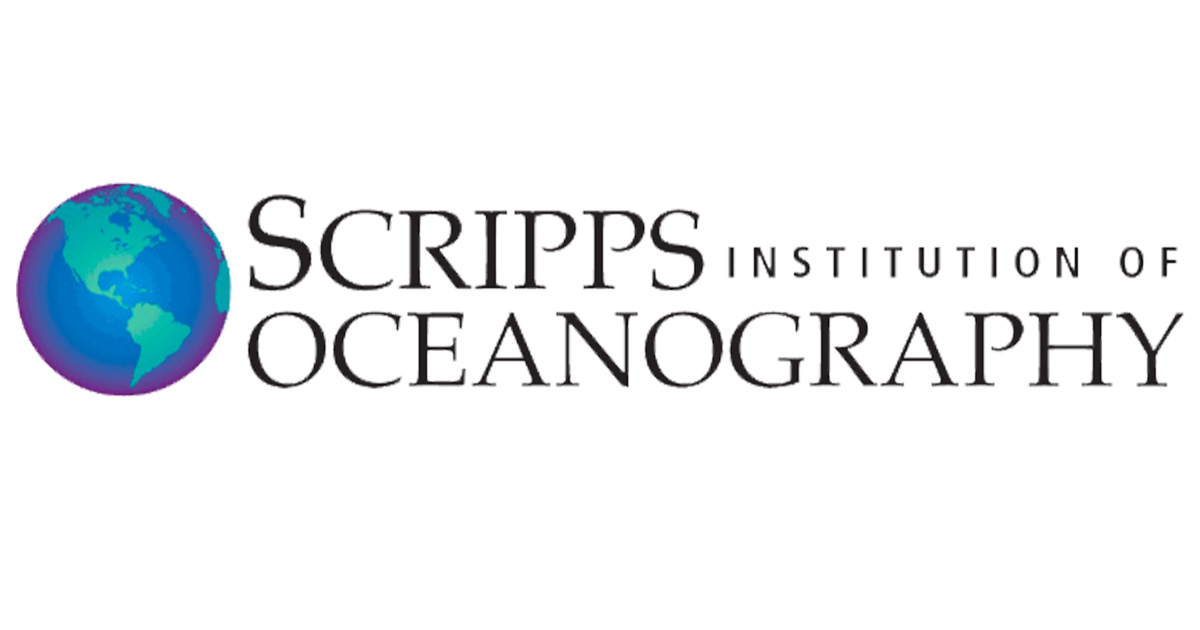The Instrument Development Group (IDG) is a recharge facility of the University of California at San Diego, established in 1972 (https://idg.ucsd.edu/). IDG has played a major role in developing a number of instruments for oceanographic use. IDG presently manufactures and operates two Lagrangian profiling floats and the underwater glider, Spray.
The floats, SOLOII (rated to 2000 m), and the Deep SOLO (6000 m), are major US contributors to the Argo program. The Spray accounts for a large portion of US glider operations (https://spraydata.ucsd.edu). Under various development programs, IDG customizes both the floats and gliders for specific research projects and experiments.
The floats and gliders operate autonomously, using a buoyancy engine to move vertically through the water column (by altering the external volume to either rise or sink), sampling ocean temperature, salinity, pressure, and other oceanographic parameters as they profile, and then transmitting the data via a satellite communications module. Each system is an integration of hydraulic, mechanical, electrical, and sensor modules.
POSITION DESCRIPTION
The R&D Engineer 3 uses skills as a seasoned, experienced engineering professional in a specialized engineering field on a major training and / or research effort. Assignments typically require concentration in a field of application where subject matter knowledge relevant to research objectives and methodology is of great value in understanding and establishing engineering design criteria. Demonstrates good judgment in selecting methods and techniques for obtaining solutions. Provides a central role in the production of the new fleet of next-generation underwater gliders (Spray2). Develops and implements protocols for production. Designs and constructs hardware and infrastructure to assist with the above as needed. Working as a team with other engineers, revisits and modifies the Spray2 design to assist with production as needed. Trains and oversees IDG staff and students to assist with the above.
Reviews bench test data, real-time mission data, and post-processed mission data from the gliders to diagnose performance, verify correct functionality, and identify anomalies. Works with software engineers to visualize data.
Oversees glider scheduling and turn-around operations in the lab, for both Spray2 and Spray1. Handles deployment schedules and manages tasks for other engineers and technicians. Maintains inventory of sensors and spare parts, handling the refurbishment or ordering of replacement parts or sensors as needed.
Troubleshoots damaged gliders and sensors, delegating and/or assisting with repairs.
Coordinates with other institutions (mainly within California but often overseas) to plan glider field operations and associated logistics.
QUALIFICATIONS
- Thorough knowledge and experience with engineering principles and methods to independently perform the full range of engineering professional design work.
- Thorough knowledge necessary to apply principles, practices and procedures in the completion of assignments.
- Knowledge of laboratory, shop, and seagoing safety procedures.
- Experience operating instrument systems and laboratory test equipment.
- Demonstrated organizational and decision-making abilities to prioritize competing work assignments in order to meet deadlines and adherence to quality standards.
- Strong analytical and judgment skills to independently conduct analyses and develop appropriate recommendations.
- Effective written and verbal communication and presentation skills.
- Ability to work in a collaborative manner; identify challenges and barriers and recommend resolutions.
- Ability to lead and influence others.
- Ability to exercise independent judgment in the field and in the lab.
- Organizational skills to maintain laboratory space, tools, supplies, and equipment.
SPECIAL CONDITIONS
- Job offer is contingent upon satisfactory clearance based on Background Check results.
- Must be willing and able to travel.
Annual Full Pay Range: $82,500 - $151,500 (will be prorated if the appointment percentage is less than 100%)
Closing Date: January 31, 2024





